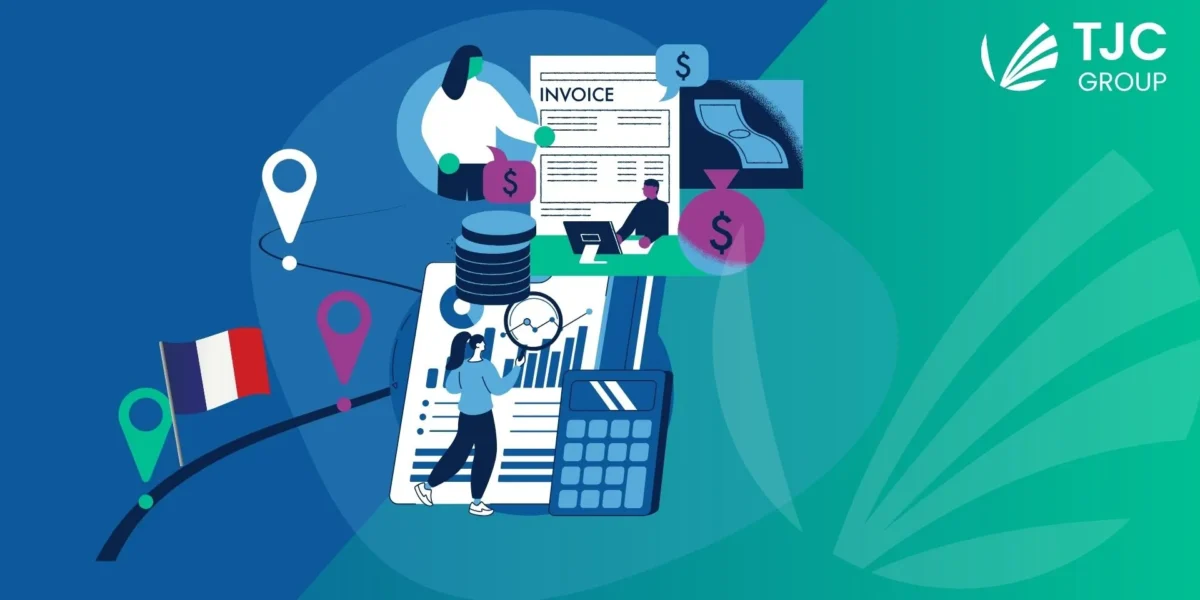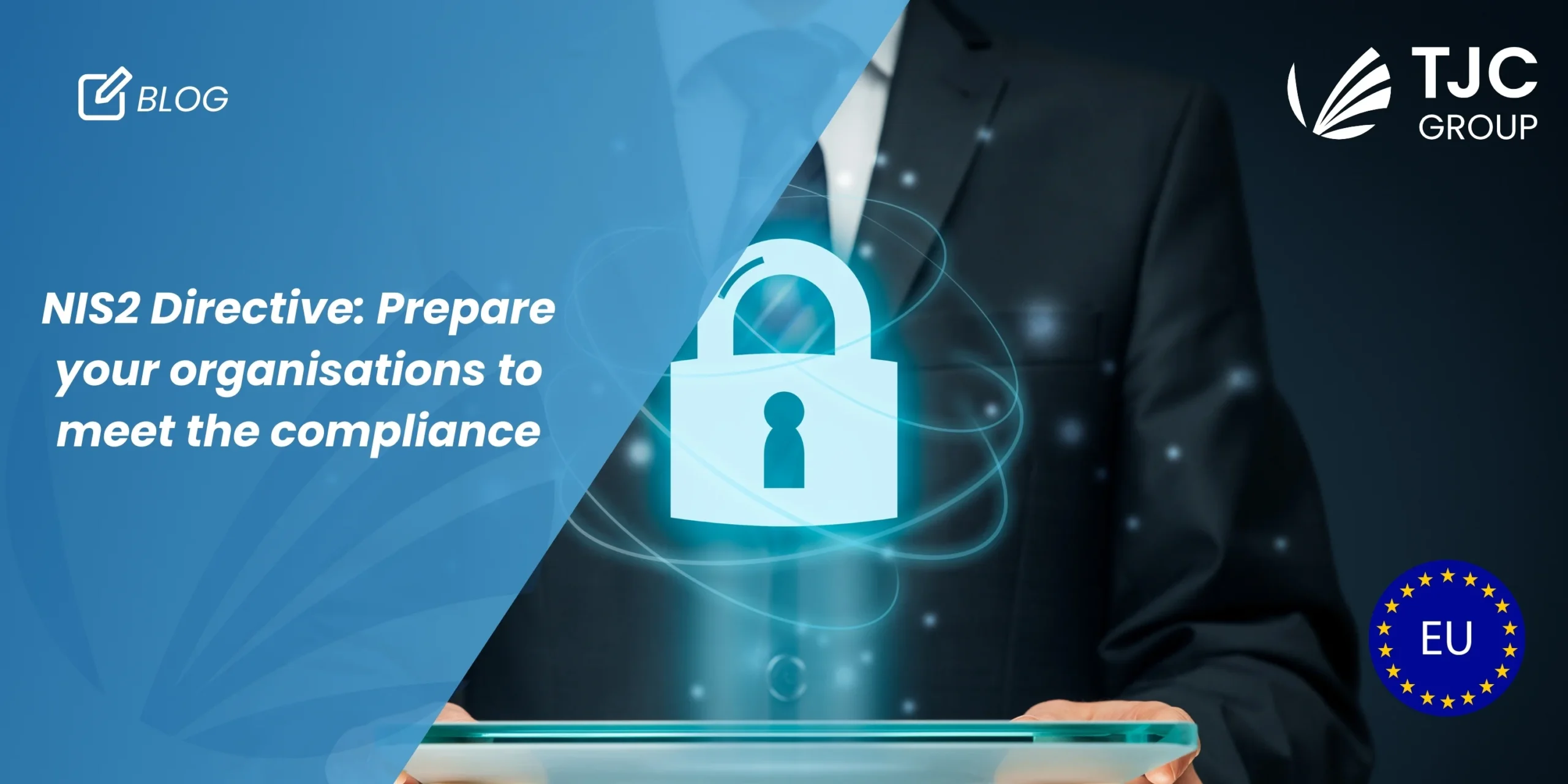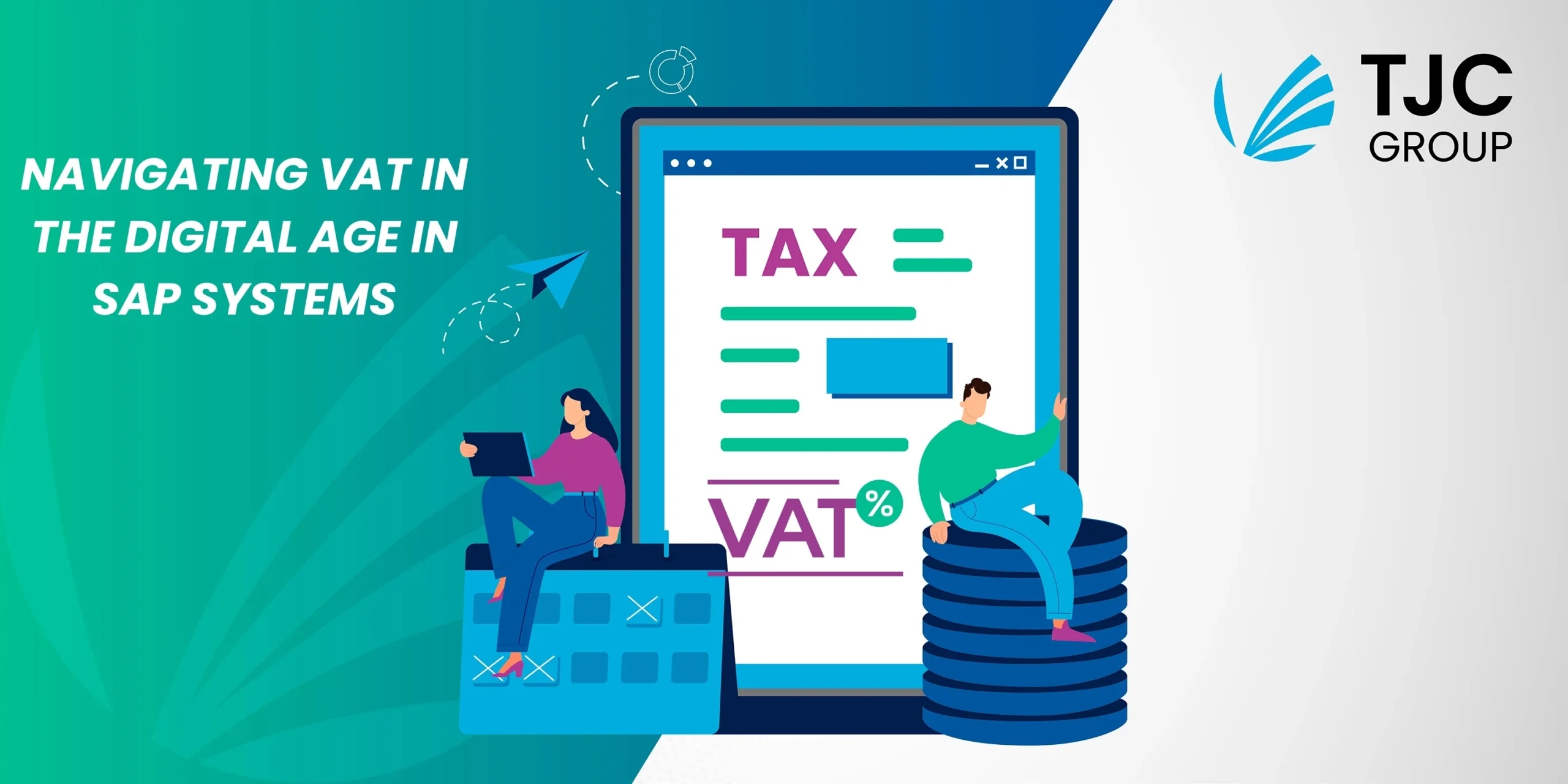Author: Mélissa Oktay, SAP Finance Business Analyst.
The Finance bill for 2024 has been revised by the French authorities (Assemblée Nationale) and a new amendment has been proposed: Amendement n° I-5395 .
Accordingly, here is the new timeline proposed for e-invoicing mandate:
- 1 September 2026: obligation for large enterprises (LE) and medium-sized organisations (ETI) to issue electronic invoices and e-reports. + obligation to receive electronic invoices for all sorts of companies.
- 1 September 2027: obligation to issue electronic invoices and e-reports extended to small and medium enterprises (SME) and micro-businesses.
See the reference source: Finance Bill for 2024 (No. 1680) Amendment No. I-5395 – National Assembly (assemblee-nationale.fr)
The long-awaited timetable for the introduction of electronic invoicing in France has now been set out in Amendment No. I-5395 to the Finance Bill for 2024, published on 17 October 2023.
Phased approach for e-invoicing and e-reporting
In short, a phased approach has been adopted:
- From 1 September 2026, mandatory issuing of invoices by large and medium-sized companies + mandatory receipt of invoices in electronic format by all companies, regardless of their size.
- From 1 September 2027, compulsory issue for small and medium-sized businesses and micro-businesses.
In both cases, it will be possible to adjust the deadline by one quarter to ensure reliable deployment. The e-reporting obligations will follow the same timetable.
The bottom line
Make the most of this extra time to prepare for the new mandates in France and get off to a smooth start. Although the mandate has been delayed, it is now the time to start planning, slowly but surely, to avoid any last-minute setbacks. Contact our Business to Government team at TJC Group. What’s in it for you? Read on.
Project scoping and analysis
TJC Group is closely monitoring the latest changes in the Tax compliance arena, and our experts have a deep understanding of the local regulations. We can work with your team to get an understanding of the local regulations to avoid the risk of non-compliance. We will examine the different invoice flows in detail to ensure coverage of all flows and thus identify the potential impacts.
Proactive approach with SAP Activate methodology
At TJC Group we follow a a proactive approach, using the proven SAP Activate methodology to plan and execute our projects. Upstream, we engage with the various project stakeholders and spend time doing an in-depth analysis of existing invoice flows, critical business processes, and data quality control to identify the gaps and understand the level of impact of process changes. We will also propose a way to bridge those gaps.
We adopt a risk-reduction approach to enable a smooth and successful transition to electronic invoicing. Anticipate potential challenges and risks to avoid negative impacts on future cash flow (late payment for non-compliant invoices, for example), the costs of non-compliance, and damage to your brand reputation. We help you stay one step ahead at a time when e-invoicing and tax compliance are becoming crucial instances.
Need a clearer picture? Got a question? Let’s talk. We can provide advice and help you implement the solution that’s right for you in terms of B2B electronic invoicing production and legal and financial reporting.








